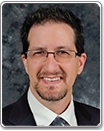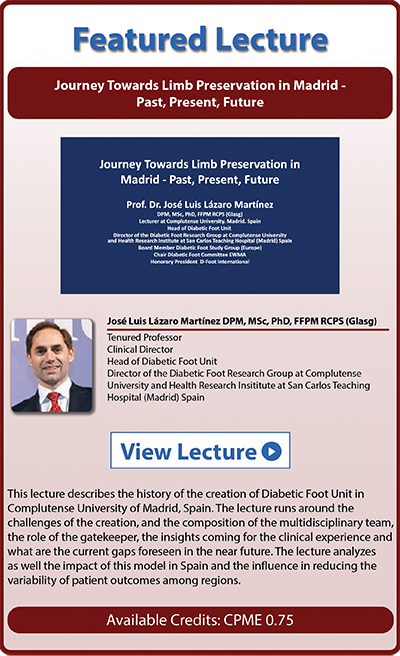
Practice Perfect 918
Should Podiatrists Be Paid for Hospital Calls?
Should Podiatrists Be Paid for Hospital Calls?

For many podiatrists, working in a hospital is a common practice. This is also true for many physicians in general. However, in the experience of this podiatrist, it is rare for us to be paid for taking calls. Instead, it appears more common that we receive consultations, billing for those services performed in the hospital, but not receiving an extra stipend. This is very different from many physicians, such as general surgery, orthopedics, neurosurgery, vascular surgery, and others. Given the acute nature of the pathology in hospitals, it is necessary to have physician specialists available at all times to see these patients. However, as I mentioned, it appears rare for podiatrists to receive an extra stipend for calls.
In my local geographic area, for many years, podiatrists took calls at hospitals and did not receive a stipend. In the opinion of this author, this situation created an inequity between podiatrists and other specialists. Our services do have a value to the hospital community that should have a monetary amount attached to it. Now, by no means would I suggest that podiatrists, with their limited scope of practice, have the same considerations for calls that other physicians with a full body scope of practice would have. But there still is a value.
Sometime back, my local group of podiatrists changed our call status to a consultation only status. This meant that we were able to decline any consultation. The original reason for this was concern that if an emergent consultation was refused, and it was determined that the doctor violated the EMTALA law and it would place the podiatrist under an excessive personal risk. Recall that EMTALA gives emergency patients the right to receive stabilizing treatment in a hospital, and that treatment cannot be refused. If a doctor is found to have violated this law, then they are personally responsible. It is not a malpractice issue but rather a personal liability problem. My group did not want to risk this personal complication without some reimbursement.
We continued to see patients in consultation at the hospital, but we then limited those consultations to patients admitted and generally stable. For example, patients with necrotizing fasciitis of the foot or ankle would be seen by general surgery instead of podiatry.
This seemed to be a reasonable situation for the podiatry group, but an interesting thing happened over the years. The local general surgeons began to complain that they were not comfortable handling these infections, among others, in the lower extremity. The hospital then approached our local podiatrists with the proposal to create a true call agreement. After the many years of podiatry as a specialty working hard to demonstrate its importance and legitimacy, it was gratifying to see recognition of our abilities.
Obviously, we will not receive the same stipend as, say, an orthopedic surgeon, but this podiatrist does not have a problem with that. Again, we have a limited scope of practice so our call services would be limited. However, this mature Interaction by the hospital with our local podiatrists is definitely a step forward, and we are very excited to participate in this improved relationship.
I do not know the actual numbers of podiatrists around the United States that are receiving stipends for calls, but after almost 20 years of practice in three different states, I can only imagine it is not terribly common. Should podiatrists receive payment for calls? Absolutely. Our services are important and valuable to our communities and should be recognized as such.
Best wishes.

Jarrod Shapiro, DPM
PRESENT Practice Perfect Editor
[email protected]



























Comments
There are 1 comments for this article
Yes, podiatrists should be paid to be on call.